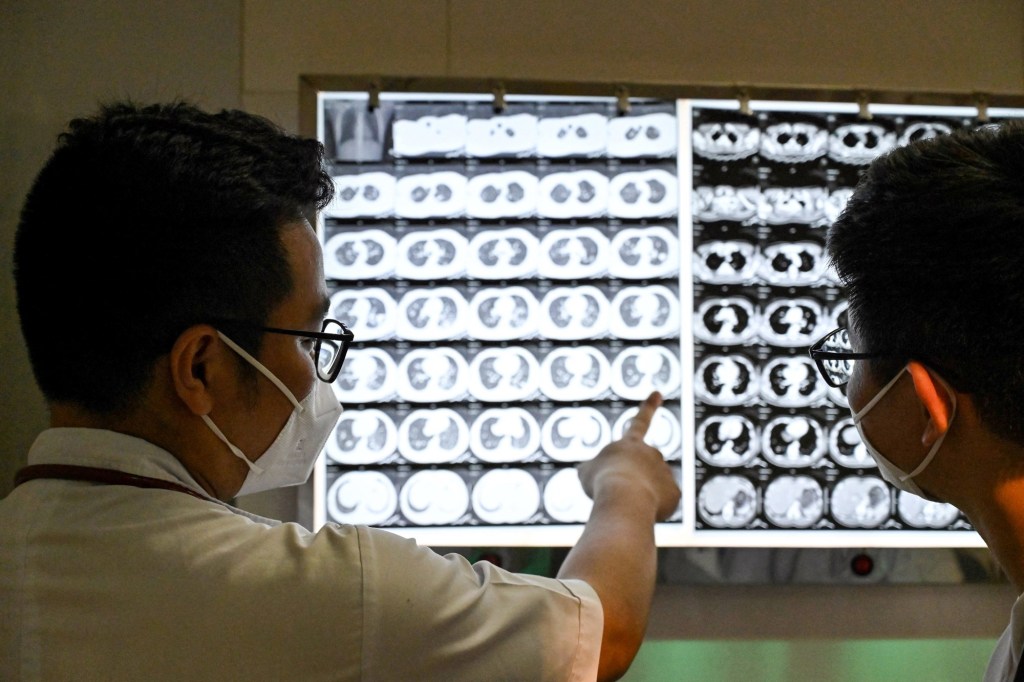By Jim Robbins | KFF Health News (TNS)
A team of Montana researchers is playing a key role in the development of a more effective vaccine against tuberculosis, an infectious disease that has killed more people than any other.
The BCG (Bacille Calmette-Guérin) vaccine, created in 1921, remains the sole TB vaccine. While it is 40% to 80% effective in young children, its efficacy is very low in adolescents and adults, leading to a worldwide push to create a more powerful vaccine.
One effort is underway at the University of Montana Center for Translational Medicine. The center specializes in improving and creating vaccines by adding what are called novel adjuvants. An adjuvant is a substance included in the vaccine, such as fat molecules or aluminum salts, that enhances the immune response, and novel adjuvants are those that have not yet been used in humans. Scientists are finding that adjuvants make for stronger, more precise, and more durable immunity than antigens, which create antibodies, would alone.
Eliciting specific responses from the immune system and deepening and broadening the response with adjuvants is known as precision vaccination. “It’s not one-size-fits-all,” said Ofer Levy, a professor of pediatrics at Harvard University and the head of the Precision Vaccines Program at Boston Children’s Hospital. “A vaccine might work differently in a newborn versus an older adult and a middle-aged person.”
The ultimate precision vaccine, said Levy, would be lifelong protection from a disease with one jab. “A single-shot protection against influenza or a single-shot protection against COVID, that would be the holy grail,” Levy said.
Jay Evans, the director of the University of Montana center and the chief scientific and strategy officer and a co-founder of Inimmune, a privately held biotechnology company in Missoula, said his team has been working on a TB vaccine for 15 years. The private-public partnership is developing vaccines and trying to improve…
Read the full article here







